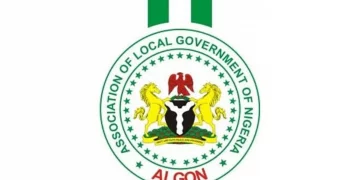The Federal Government has commenced discussions with the National Assembly to ensure a return to January-to-December budget cycle, a development that will see a shift away from the current implementation of three national budgets at the same time.
Minister of Finance and Coordinating Minister of the Economy, Mr Wale Edun, made the disclosure during a fireside chart on the sideline of the 31st Nigerian Economic Summit (NES) holding in Abuja on Monday night.
“We are working with the National Assembly to return to the January-December budget cycle,” the Minister stated, adding that there will be “no more extension of the budget into the next year causing distortion in the system. We are talking with the NASS in that area.”
Edun also disclosed that the President Bola Tinubu administration has launched a federal billing system to reconcile how much taxpayers pay in installments with a focus on ensuring that every money is brought into the government coffers.
He stated that the ultimate aim was to increase rapid economic growth to move millions of Nigerians out of poverty. Nigeria has a high rate of poverty index put at over 75 million of the population. The country said it’s now
targeting about 7% economic growth to achieve its aim of economic growth, job creation and reduce poverty level.
Minister Edun said the Tinubu-led administration was also focusing on green and Sukuk bonds to provide it with cheaper financing options. He also said the government was working on strategic priorities on how to diversify the economy beyond oil.
Edun said the burden of taxation on low income earners was actually being lifted by the government.
Director General of the Debt Management Office (DMO), Ms. Patience Oniha, said despite at 40% level, Nigeria’s debt to GDP was sustainable with a space to raise more revenue to finance fiscal deficits.
The International Monetary Bank (IMF) and World Bank has 70% benchmark for debt to GDP level, which means Nigeria still has 30% space to explore in order to finance its fiscal deficits.
She said that with the increasing revenue inflow to the Federation, the authorities expected the debt to GDP to drop soon below the current level. She said the challenge was not debt to GDP but revenue generation.





